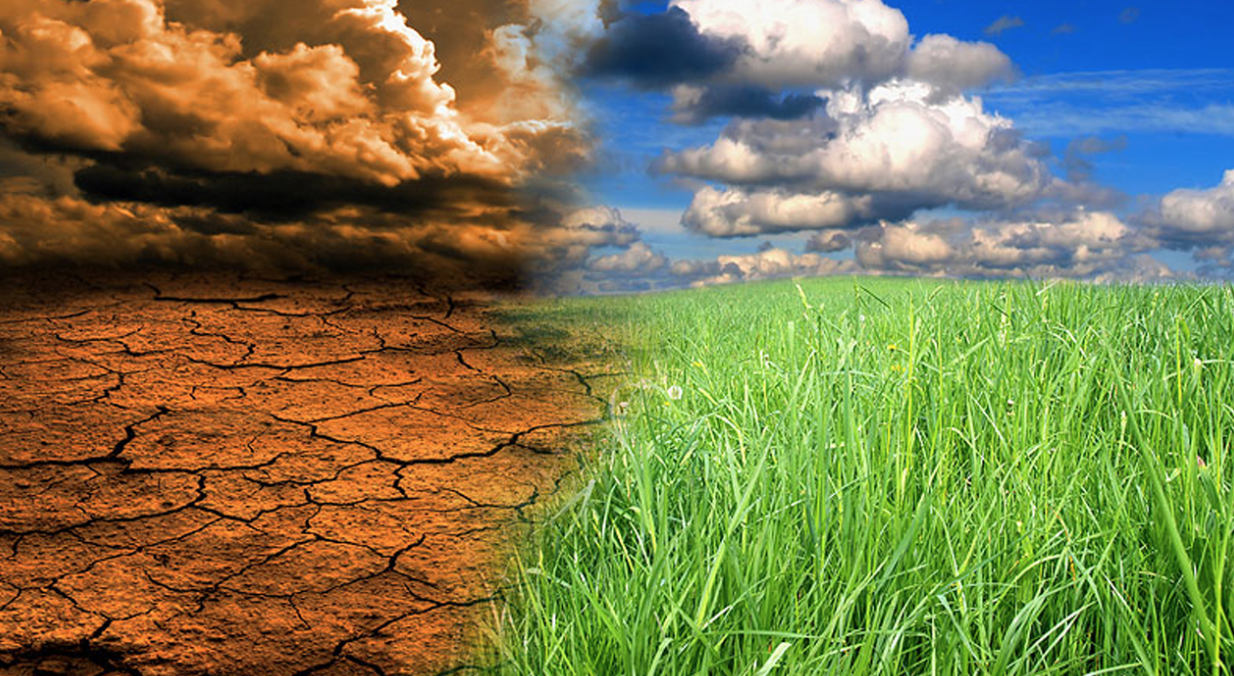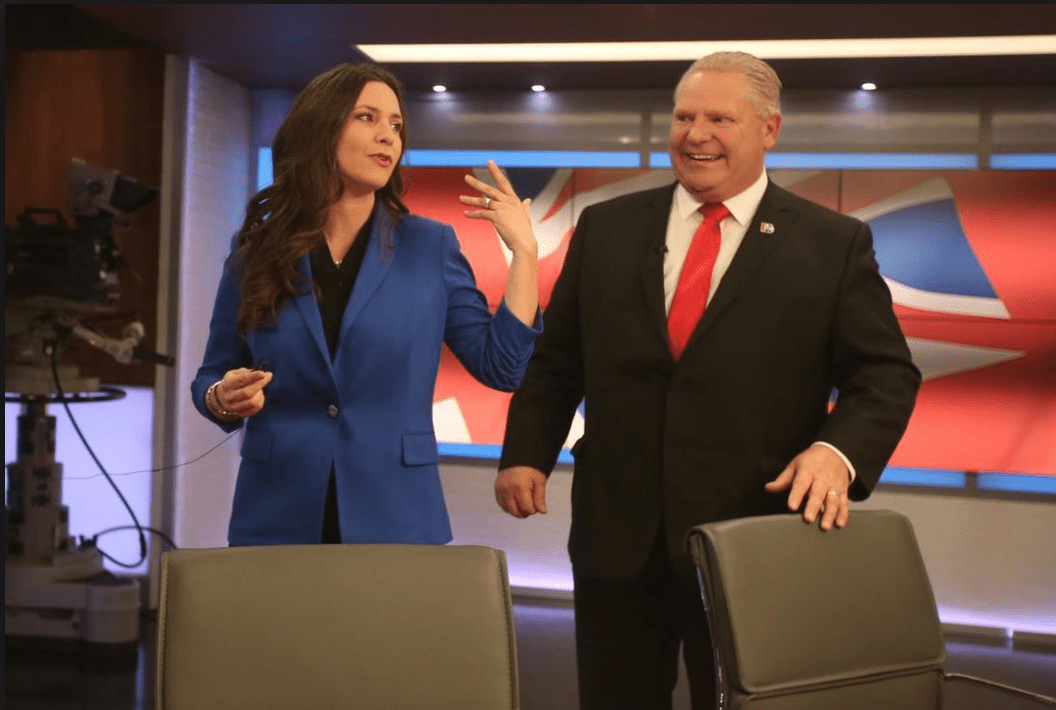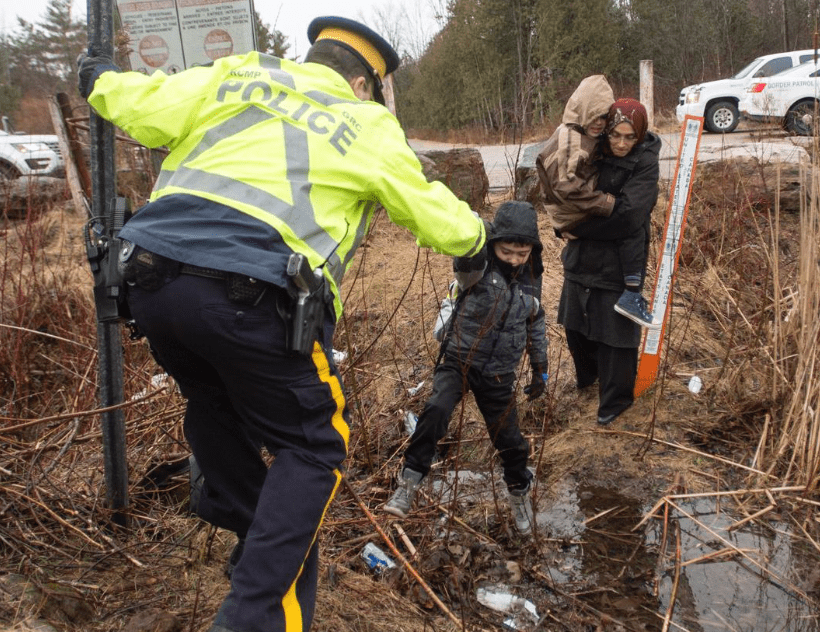If I had $50,000 in extra spending money, I'd use it to commission a nation-wide poll which would expose the amazing true secret of climate change. (Disclaimer: that's just a rhetorical comment, in reality I'd used the money for something fun.)
But since I don't have $50,000 to spend on a poll, I'll just tell you.
The amazing true secret of climate change is that it's a political "MacGuffin."
"MacGuffin," if you're not familiar with the term, describes something in a movie which pushes the plot forward: the Maltese Falcon, the Ark of the Covenant, the Infinity Stones.
As famed film director Alfred Hitchcock put it, the MacGuffin is the thing which the characters care about but the audience doesn't.
This brings us back to the climate change issue; it's a MacGuffin in my view because, while the characters on Canada's political stage might care about it, I believe regular voters don't.
This is why I would commission a poll, just to prove that point.
Mind you, my poll wouldn't ask people something as blunt as, "Do you support fighting climate change?", because such a query likely wouldn't tell us what Canadians were actually thinking on the subject.
After all, no one wants to be perceived as being anti-environment or as anti-science, or as a "climate change denier."
So naturally people faced with the "Do you support fighting climate change?" question would probably give the pollster the "socially acceptable" answer, i.e. "Since I'm a good citizen, of course, I want to fight climate change and save the planet."
And yes, people often want to look good when responding to pollsters, in fact, there's even a term to describe this behaviour — "social desirability bias."
At any rate, to get around this bias, to gauge what a person is truly thinking, a pollster sometimes has to be a little more subtle.
This is why my poll would ask people an open ended question, i.e. "Please tell me what you believe are the most important issues currently facing you and your family?
I can almost guarantee you the top answers to such a question would all be related to the economy.
In other words, people would answer that what most mattered to them are "jobs" or "taxes" or the "cost of living."
Other popular answers would be "crime" or "education" or "heath care" or "garbage removal."
What about "climate change"? Where it would it rate as a concern among the people?
Well, I'd be totally surprised if in my poll, the issue of "climate change" broke the top twenty of the public's perceived concerns.
And by the way, while all this is just a guess on my part, it's also an educated guess, because I've seen lots of surveys in the past, which asked people to list their concerns and they all more or less, played out the way I just described.
However, it's a different story for Canada's ruling classes, or if you prefer, the "elites"; they're more like the characters in a movie, which is to say, they actually care about the climate change MacGuffin.
They're the ones who favor carbon taxes, who want to phase out fossil fuels, who want to put solar panels on everyone's roof.
Why would there be this split between the public and the ruling classes on climate change?
Well, blame socio-economics.
If you're part of the ruling class, it means you're also economically secure, meaning you can afford the luxury of fretting over the rising water levels on the coast of Greenland.
But if you're just a regular person, worried about making your mortgage payments or wondering if you'll have a job in six months, or concerned about rising crime rates, then the fate of Greenland's coastline isn't exactly high on your priority list.
Anyway, if I'm right about this split on priorities then it means our governments could experience a strong backlash if their attempt to fight climate change imposes any sort of economic pain on Canadians.
Simply put, regular people won't want to sacrifice their standard of living for the sake of a ruling class MacGuffin.
Photo Credit: The Guardian Nigeria










